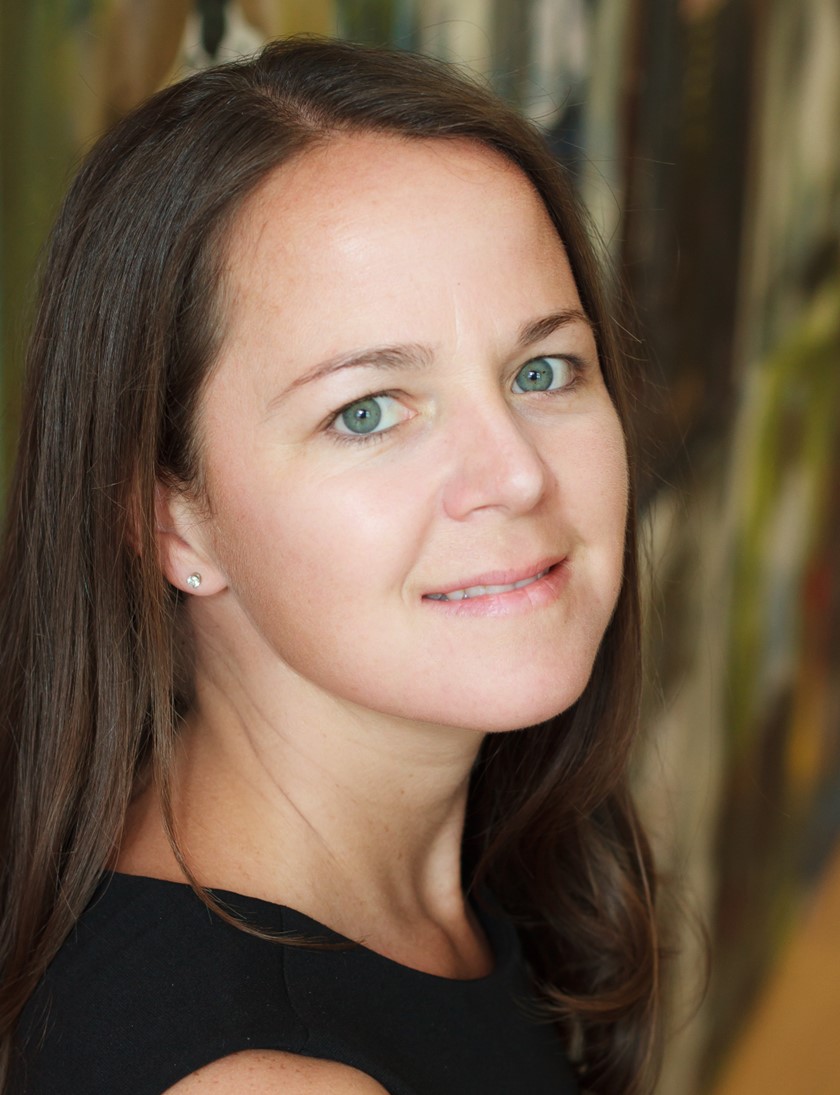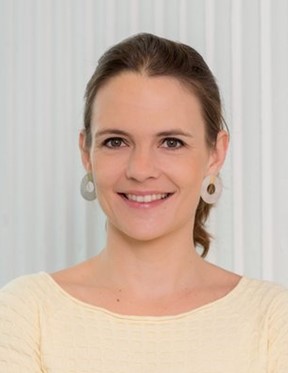Keynotes and Plenary Speakers
Keynotes

Using Implementation Science and AI approaches to radically improve cervical cancer prevention globally: Can the outputs of a global effort be protected as a global public good? Karen Yeates, Professor, Department of Medicine, Queen’s University March 23, 2022 at 08:45 EST Biography: Dr. Karen Yeates MD, FRCPC, MPH. is a nephrologist at Queen’s University and is a graduate of McGill University (BSc 1993) and Queen’s University School of Medicine (1997). She is a Professor of Medicine and Clinician-Scientist in the Department of Medicine at Queen’s University. She co-founded (2012) and co-directed the Office of Global Health (ending in 2016) within the Faculty of Health Sciences and developed the first Global Health curriculum within the Undergraduate curriculum within the School of Medicine in 2013. Dr. Yeates currently directs a program of global health implementation science research in low-resource settings in Tanzania with collaborative projects in Rwanda and Kenya. Dr. Yeates is considered a global leader in the development of mobile health interventions (mHealth) to improve detection and management of non-communicable diseases. Her work to improve training, scaling, quality assurance and cervical cancer screening outcomes in Tanzania has been recognized by the WHO and the program has been integrated into the national Tanzanian Ministry of Health Cervical Cancer Prevention Program (CECAP). She and her team are part of a 10-country consortium led by the National Institutes of Health and the National Cancer Institute in the United States that is working on developing a global AI solution for cervical cancer prevention in low and middle income countries called Automated Visual Evaluation. Dr. Yeates has 140 peer-reviewed publications. Since 2012, her research program has been funded with over $8 million in grants from peer-review agencies including the Canadian Institutes for Health Research, Grand Challenges Canada, Grand Challenges Africa, International Development Agency of Canada, and the Wellcome Trust. |
|
Lena Maier-Hein, German Cancer Research Center – Intelligent Medical Systems March 24, 2024 at 15:50 EST Biography: Dr. Maier-Hein is a full professor at Heidelberg University (Germany) and managing director of the National Center for Tumor Diseases Heidelberg. At the German Cancer Research Center she is head of the division Intelligent Medical Systems and managing director of the "Data Science and Digital Oncology" cross-topic program. Her research concentrates on machine learning-based biomedical image analysis with a specific focus on surgical data science, computational biophotonics and validation of machine learning algorithms. She is a fellow of the Medical Image Computing and Computer Assisted Intervention (MICCAI) society and of the European Laboratory for Learning and Intelligent Systems, president of the MICCAI special interest group on challenges and chair of the international surgical data science initiative. Dr. Maier-Hein serves on the editorial board of the journals Nature Scientific Data, IEEE Transactions on Pattern Analysis and Machine Intelligence and Medical Image Analysis. During her academic career, she has been distinguished with several science awards including the 2013 Heinz Maier Leibnitz Award of the German Research Foundation and the 2017/18 Berlin-Brandenburg Academy Prize. She has received a European Research Council starting grant (2015-2020) and consolidator grant (2021-2026). |
Panel Session
How Can Medical Imaging Contribute to Solving the Canadian Healthcare Crisis?
Medical Imaging is a cornerstone in medical decision-making and treatment. It is used for diagnosis, tracking a patient's progress during treatment, and guiding surgical maneuvers during minimally invasive surgeries. However, Canadians are now facing a prolonged backlog for medical imaging, one that has been further exacerbated by the COVID-19 pandemic. In this session, 3 panel members will present what they see as some of the urgent needs in the Canadian healthcare system and how medical imaging can be better utilized to address these needs. The presentations will be followed by questions and open discussion with symposium participants.
March 23, 2023 at 11:45 EST
Session Chair: Terry Peters

Karen Yeates, Queen's University Dr. Karen Yeates MD, FRCPC, MPH. is a nephrologist at Queen’s University and is a graduate of McGill University (BSc 1993) and Queen’s University School of Medicine (1997). She is a Professor of Medicine and Clinician-Scientist in the Department of Medicine at Queen’s University. She co-founded (2012) and co-directed the Office of Global Health (ending in 2016) within the Faculty of Health Sciences and developed the first Global Health curriculum within the Undergraduate curriculum within the School of Medicine in 2013. Dr. Yeates currently directs a program of global health implementation science research in low-resource settings in Tanzania with collaborative projects in Rwanda and Kenya. Dr. Yeates is considered a global leader in the development of mobile health interventions (mHealth) to improve detection and management of non-communicable diseases. Her work to improve training, scaling, quality assurance and cervical cancer screening outcomes in Tanzania has been recognized by the WHO and the program has been integrated into the national Tanzanian Ministry of Health Cervical Cancer Prevention Program (CECAP). She and her team are part of a 10-country consortium led by the National Institutes of Health and the National Cancer Institute in the United States that is working on developing a global AI solution for cervical cancer prevention in low and middle income countries called Automated Visual Evaluation. Dr. Yeates has 140 peer-reviewed publications. Since 2012, her research program has been funded with over $8 million in grants from peer-review agencies including the Canadian Institutes for Health Research, Grand Challenges Canada, Grand Challenges Africa, International Development Agency of Canada, and the Wellcome Trust. |
|
Dr. Rudan joined the Department of Surgery at Queen’s in 1988 and was appointed to the role of Head, Department of Surgery in 2009. He was later cross-appointed as Professor, School of Computing, in 2014. He has held an appointment as Attending Staff in Orthopedic Surgery at the previous Kingston General and Hotel Dieu Hospitals, which recently integrated to Kingston Health Sciences Centre, since 1988. Dr. Rudan is a prolific and respected researcher. He has over 300 peer-reviewed journal and conference publications focused on excellence in Orthopaedic education and advances in technology-assisted surgical techniques. He held an appointment as Senior Principal Investigator, Clinical Mechanics Group, Queen’s University, from 1988 to 2000, and has been in his current appointment as Senior Principal Investigator, Human Mobility Research Centre, for over 20 years. His research grant funding over the past 10 years exceeds $6.7 million, and through his research, Dr. Rudan has been granted eight international patents and developed technology licensed by DePuy, Johnson & Johnson, Zimmer corp and Smith, Nephew and IGO Technologies. Dr. Rudan’s research expertise and contributions have been widely acknowledged. In 2020, his research achievements earned awards from the Imaging Network of Ontario Symposium, the Annual Congress in Clinical Mass Spectrometry, and Computer Assisted Radiology and Surgery. He has previously been acknowledged by the International Society of Computer Assisted Orthopaedic Surgery, Canadian Surgery Forum, and Canadian Orthopaedic Foundation, and he has received a Founders Medal from Canadian Orthopaedic Research Society (1990) and a McLaughlin Fellowship (1987). |
|
Golafsoun Ameri, Cosm Medical Dr. Golafsoun Ameri received her PhD in Biomedical Engineering in the field of image-guided therapy from Robarts Research Institute at Western University in 2018. Shortly after graduation, she joined Cosm Medical as the first employee and helped start the company. As Head of Research, Dr. Ameri leads Cosm’s research and scientific affairs. Cosm is a medical device start-up in Toronto, developing a data-driven platform to create personalized treatment for female pelvic floor disorders, which affect up to 50% of the female population. Cosm’s platform leverages novel medical imaging techniques based on ultrasound imaging, as well as machine learning and 3D printing to address the needs of this underserved patient population. Dr. Ameri has been part of Cosm’s growth from 2 to 18 full-time employees to date. |
|
Dr. Parvin Mousavi is a Professor of Computer Science, Medicine, Pathology and Biomedical and Molecular Sciences at Queen’s University, and a member of the Royal Society of Canada, College of New Scholars. She received her PhD from the University of British Columbia, Canada and her MSc from Imperial College, UK. She has previously held a Senior Scientist position at Brigham and Women’s Hospital in Boston and visiting professorships at Harvard Medical School and the University of British Columbia. Her research focus is on developing and leveraging machine learning in computer assisted medical interventions and precision medicine, contributing to the societal impact of AI on the global community. She also leads training of the next generation of AI talent through a multi-institutional NSERC CREATE Training program in Medical Informatics at the intersection of machine learning and digital health. |




